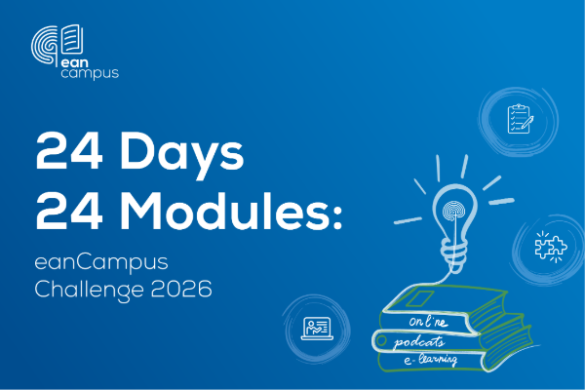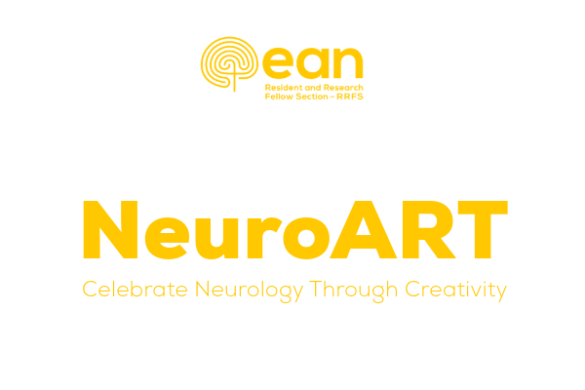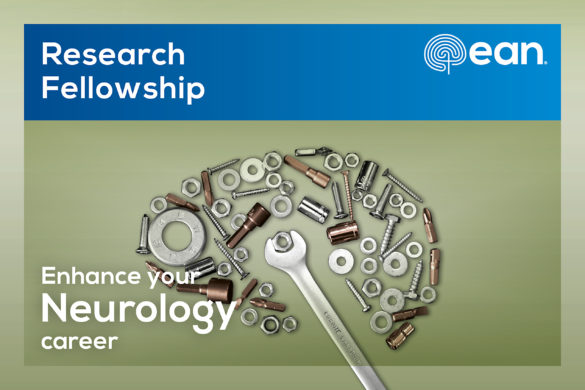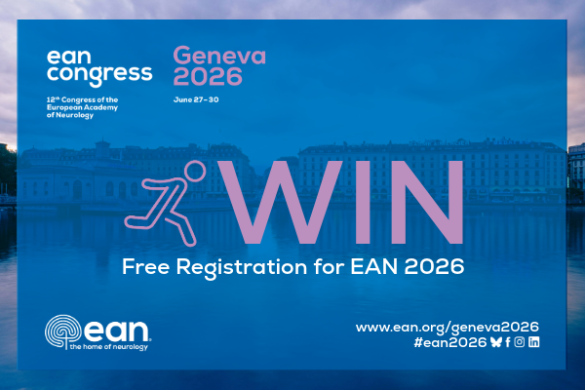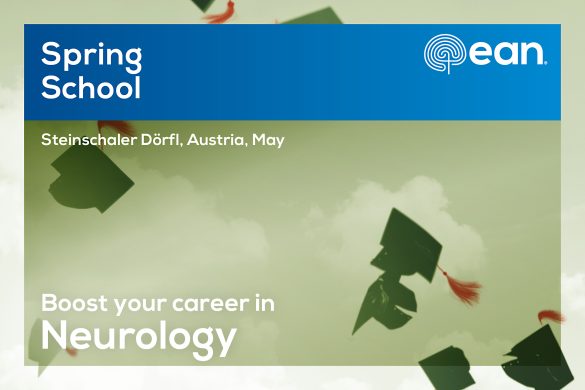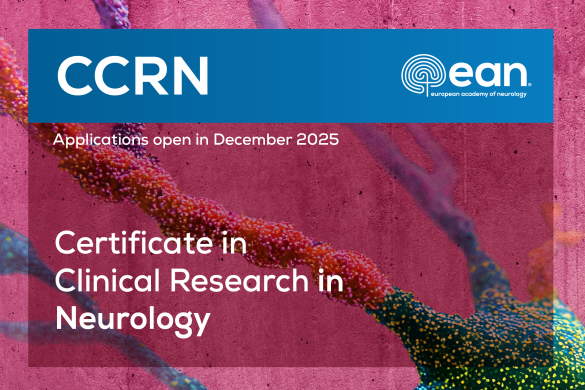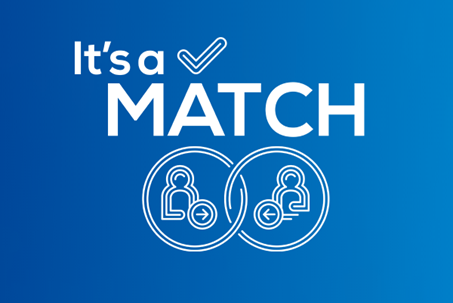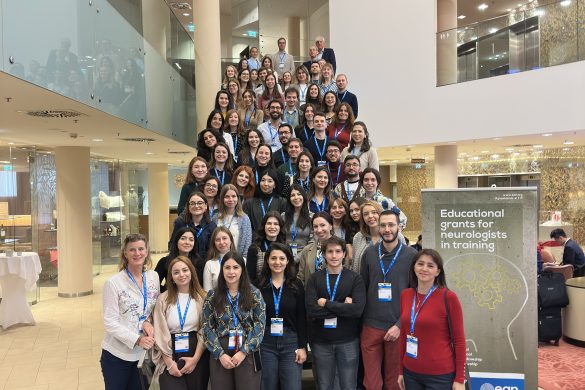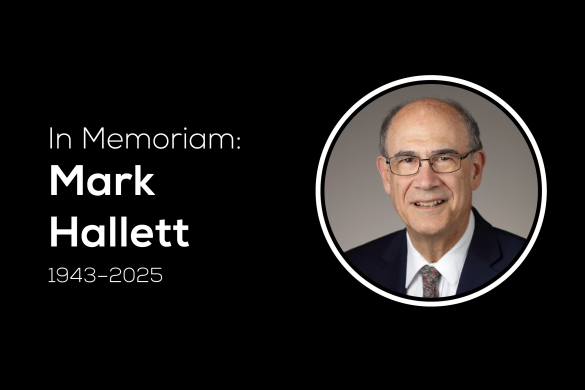Impact of COVID in Neurology Training

I am Nina Khizanishvili, a young neurologist from Tbilisi, Georgia. I currently work in Germany but I still get a lot of information about the situation in the First University Clinic of Tbilisi State Medical University in my home country.
Please tell us about your experience with the current COVID-19 pandemic in your hospital?
First of all we have prepared the whole clinic and staff for Covid-19 cases. Our clinic is Georgia’s largest centre in fighting against Covid-19: There are currently 94 patients from the 416 active cases in Georgia being treated in our hospital. We and our colleagues in other hospitals follow the standards set by the WHO regarding Covid-19. Moreover, the doctors as well as other medical staff members who have primary contact with Covid-19 patients left their families and isolated themselves to protect their family members against disease.
The Neurology Department of the First University Clinic usually deals with both inpatient and outpatient clinical practice, research, clinical trials and of course teaching. Now, the Neurology inpatient service as well as the rest of the First University inpatient departments serve only Covid-19 inpatients. We have online and phone consultations for our outpatients. We visit patients at home if needed including visits within Clinical Trials. The professors and lecturers of Tbilisi State Medical University also perform online lectures and students do their exams through an online system. The residents in neurology and the neurologists on duty still continue coming to the clinic and work with potential or confirmed Covid-19 patients.
What is the impact of the current COVID-19 pandemic on your neurological training?
The neurology staff continue to work. However, admission of patients with neurological problems as well the neurologists and residents treating them are distributed throughout other clinics. Neurology trainees as well as all the staff also continue to work in our department. We continue to provide emergency and urgent care to neurological patients, but in other clinics and with more protective equipment. Indeed, severe and potentially fatal neurological emergencies do not stop because of the COVID-19 pandemic.
We have not received any neurological patients with Covid-19; neither have the patients in our hospitals with Covid-19 exhibited any neurological symptoms or diseases. However, we are ready in case a Covid-19 patient with an accompanying neurological disease comes into our department and are also ready to support our colleagues in internal medicine and the intensive care unit when needed.
What are the three most important key learning points from your overall COVID experience?
Between February 26th and April 23rd 2020, we have had 420 confirmed Covid-19 cases in Georgia. The low morbidity rate is a great credit to the Government of Georgia, who have put in huge effort to protect the citizens and residents of Georgia against the virus, as well as to return Georgian citizens from all over the world back home, and to organize treatment infrastructure for patients.
In support of the Government of Georgia, there have been 12 specialized clinics prepared that work at full capacity for Covid-19 patients. Among them are six clinics in Tbilisi and the other 6 are spread across the different regions of Georgia. Other Covid-19 clinics are currently being prepared.
There is a toll-free hotline (144) set up by the government that provides information on permissions and restrictions during the state of emergency.
The Government of Georgia was one of the first to begin the care of citizens living abroad; thousands of them have returned to Georgia, with charter flights organized by the Government of Georgia, including three Covid-19 patients.
I am happy to see the coordinated work between our government, doctors and people who understand the danger of spread of Covid-19 and stay home.
And I look forward to the close future without Covid-19 all over the world.
Nina Khizanishvili
National representative in Residents and Research Fellow Section of European
Academy of Neurology
Member of Georgian Union of Neurology




